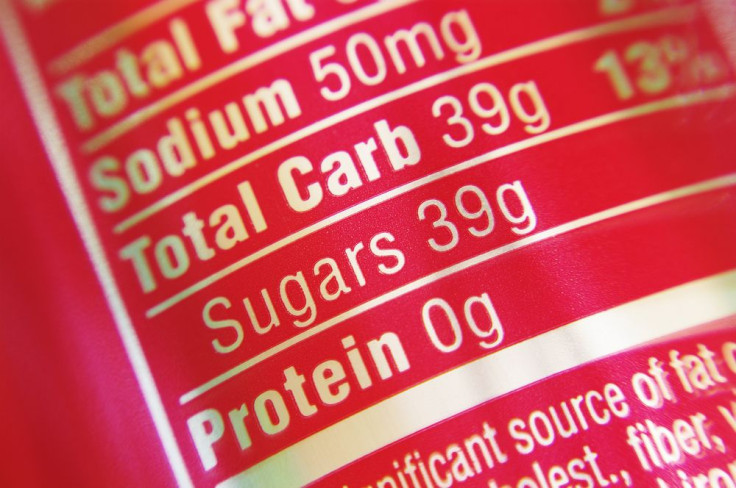Enamel Loss? Researchers Identify The 'Biggest Culprits In Dental Erosions'

Sugar (or salt, depending on who you ask) is considered Public Enemy No.1 in the fight against America’s growing obesity epidemic. It appears that sugar is also one of the biggest enemies of oral health. A recent study published in the Journal of Public Health Dentistry has found that people who drink sugar-laden soda and fruit juices have an increased risk for suffering dental erosion.
"While fruit juices can be a good way to get people to consume more fruit, the high concentration of sugar and acids means that they can do real damage to the teeth if regularly consumed throughout the day," Dr. Nigel Carter, chief executive of the British Dental Health Foundation, OBE, said in a statement. “Water and milk are the best choices by far, not only for the good of our oral health but our overall health, too.”
According to the British Dental Health Foundation, dental erosion refers to the loss of tooth enamel caused by acid attack. The wearing down of tooth enamel — the hard, protective coating that surrounds teeth — can lead to pain and sensitivity when the dentine underneath is exposed.
Data on 3,773 adults was taken from the National Health and Nutrition Examinations Survey 2003-2004 to assess the prevalence and severity of tooth wear. Researchers defined tooth wear as “wear on at least one surface of at least one examined tooth.” The average daily consumption frequency for soda and juice categories, including milk, was calculated using the Food Frequency Questionnaire.
Findings revealed that 79 percent of participants had experienced some level of dental erosion, including 64 percent of the group who suffered from mild tooth wear, 10 percent who suffered from moderate tooth wear, and five percent who suffered from severe tooth wear. Participants with moderate to severe tooth wear admittedly consumed more soda and fruit juice than any other group.
"Remember, it is how often we have sugary foods and drinks that causes the problem, so it is important that we try and reduce the frequency of consumption," Carter explained. "Labels that say 'no added sugar' do not necessarily mean that the product is sugar free — it simply means that no extra sugar has been added. These drinks may contain sugars such as those listed as sucrose, maltose, glucose, and fructose, or the sugars may be listed as 'carbohydrates.'"
Men were more than twice as likely to suffer from dental erosion compared to women, and the severity of tooth wear increased with age. Participants with low levels of dental erosion preferred milk over sugar-laden soda and fruit juices.
“Dental erosion does not always need to be treated,” Carter added. “With regular check-ups and advice, your dental team can prevent the problem from getting any worse and the erosion from going any further. The more severe cases of tooth wear can often result in invasive and costly treatment, so it is important that we keep to a good oral hygiene routine to make sure these future problems do not arise.”
Source: Yau D, Wong M, Okunseri C, et al. The relationship between consumption of beverages and tooth wear among adults in the United States. Journal of Public Health Dentistry. 2015.



























